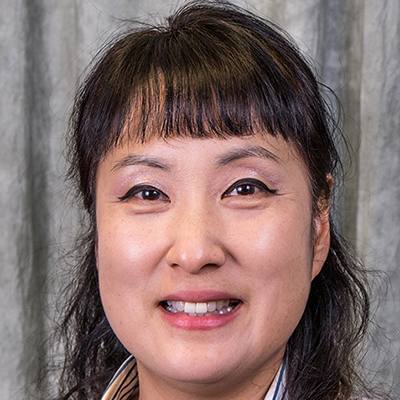
Project Manager Staff Scientist and Genome Program Administrator
National Institute on Minority Health and Health Disparities
Project Title: “Single-Cell RNA-Seq to Describe Differences in Immune Cell Profiles Between African American and European American Patients With Triple-Negative Breast Cancer”
Breast cancer, the most common cancer and second leading cause of cancer death in American women, has few modifiable risk factors and multiple subtypes that affect different populations, with varying incidence, morbidity, and mortality. African Americans’ breast cancer burden, as compared with European Americans’, reveals a major health disparity in oncology associated with ethnicity. Recent studies indicated that there were significantly more intratumoral genetic heterogeneity and basal transcript expression among African Americans than European Americans, with increased frequency of the basal subtype in African American patients with triple negative breast cancer (TNBC)—a more aggressive type of breast cancer that is difficult to manage and lacks estrogen receptor (ER), progesterone receptor (PR), and human epidermal growth factor receptor 2 (HER2).
Although research has identified racial differences in gene expression from averaged bulk RNA and associated them with survival disparities, a detailed understanding of the mechanism at the single-cell level among diverse racial groups has not been thoroughly investigated. The researchers believe that there are differential gene expressions in each cell lineage and different states of rare subpopulations in single cells among ethnically diverse groups of patients. Using RNA sequencing in both African American and European American patients, the researchers aim to identify the prevalent differential gene expression in different cell lineages by studying circulating peripheral blood cells and TNBC infiltrates at the single-cell level. This finding may help to characterize a race-specific tumor microenvironment that could eventually help to detect rare subpopulations of cells and drive the development of more effective, personalized therapies.

















